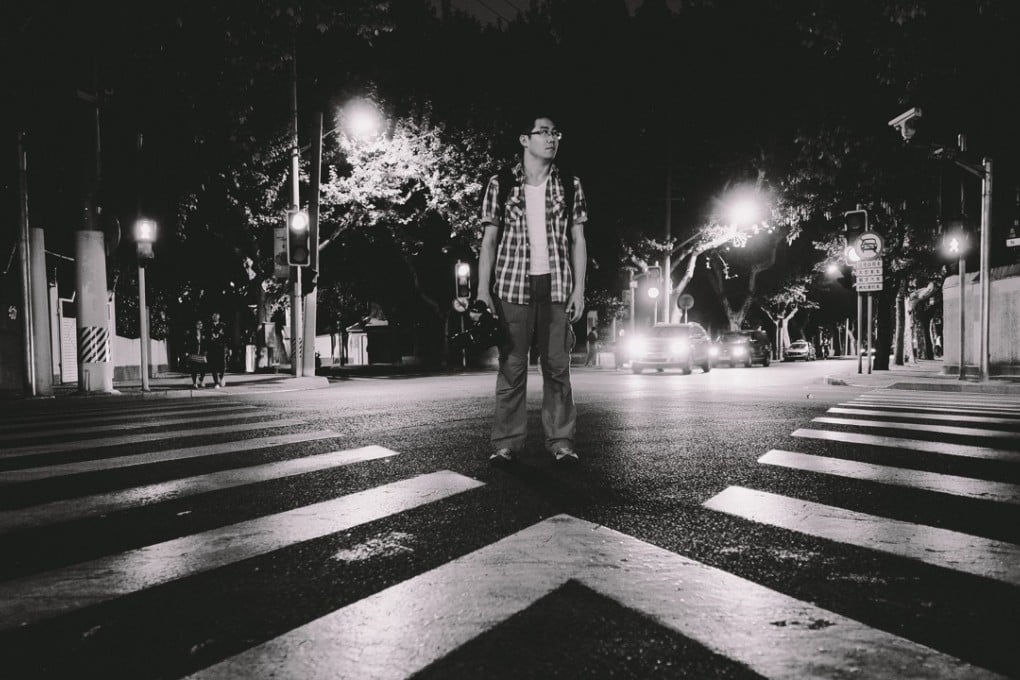Tourette’s in China: how a sufferer’s video helps public understanding and acceptance
A neurological disorder characterised by physical and vocal tics, there are a lot of misconceptions about Tourette’s syndrome. One Chinese sufferer is hoping to change that through a documentary

Afflicted with involuntary facial movements and impromptu vocalisations, Jiang Yunsheng had a difficult childhood, his teen years riddled with teasing from his peers, not to mention romantic setbacks.
His parents had taken him to Chinese medical clinics for acupuncture and herbal medicine sessions countless times, but they didn’t help stop the movements and sounds known as tics.
Six years ago, he met an American at a party in Shanghai who suggested he might have Tourette's syndrome. After extensive online searches, it finally dawned on Jiang that what had been afflicting him for nearly three decades was a neurological disorder.

“There are no associations for Tourette's syndrome patients in China like those in Hong Kong and Taiwan. There’s also no data on the number of sufferers. Using the patient population data in Hong Kong and Taiwan, I gathered that there are at least three million Tourette's syndrome sufferers in China,” says Jiang.
Dr Deirdre O’Hare, a clinical psychologist from Central Health Medical Practice in Hong Kong, recently gave a talk on Tourette's syndrome at the Helena May in Central. She says one in 100 children and adolescents suffer from the condition.